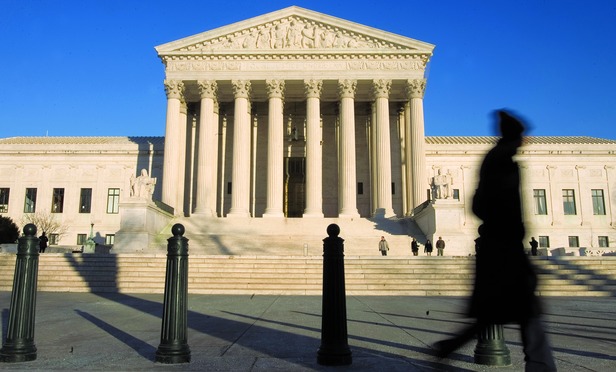In three cases decided the week of June 23, the U.S. Supreme Court had to decide whether a clear and simple rule was the right way to go. It took that path in one—the cell phone case, Riley v. California—and chose more complex responses in the others: the abortion picketing case of McCullen v. Coakley, and the recess appointments clause case of Noel Canning v. NLRB. The judgments in all three cases were unanimous, but in the abortion picketing and recess appointments case, the lengthy four vote concurrences read much more dissents than concurrences. The merits of these rulings are important, but I want to focus here on the tradeoffs that were or were not made between clear, simple rules on the one hand, versus more nuanced, but harder to enforce and interpret approaches on the other.
In Riley the chief justice brought along all members of the court to hold that all searches of cell phones—no matter whether smart or plain—must have a warrant to satisfy the Fourth Amendment. Riley involved a smartphone, but the companion case did not, which raised the possibility of the court allowing searches of some types of phones, but not others. The balancing of interests also suggested that the court might protect only certain categories of information that are especially personal, but not others, such as the phone numbers called, which in the old days might be in a person’s address book that could be routinely searched when the individual was arrested. Instead, the court opted for a clear simple rule, which makes decisions easier for law enforcement personnel and enables everyone to know they are within their rights in refusing consent to allow a search of their phone. But it comes at a price of making it harder to catch and convict at least some criminals because a warrant requires probable cause and approval by a judge or magistrate, not just a hunch of a policeman. The interesting question that will surely be litigated is whether this rule will now apply to searches when a person enters this country, where law enforcement officials have, until now, been allowed to search the contents of a person’s computer on the theory that your consent to that search is the price paid for entering the country.
This content has been archived. It is available through our partners, LexisNexis® and Bloomberg Law.
To view this content, please continue to their sites.
Not a Lexis Subscriber?
Subscribe Now
Not a Bloomberg Law Subscriber?
Subscribe Now
LexisNexis® and Bloomberg Law are third party online distributors of the broad collection of current and archived versions of ALM's legal news publications. LexisNexis® and Bloomberg Law customers are able to access and use ALM's content, including content from the National Law Journal, The American Lawyer, Legaltech News, The New York Law Journal, and Corporate Counsel, as well as other sources of legal information.
For questions call 1-877-256-2472 or contact us at [email protected]



